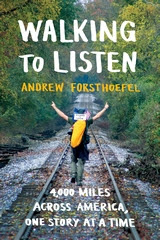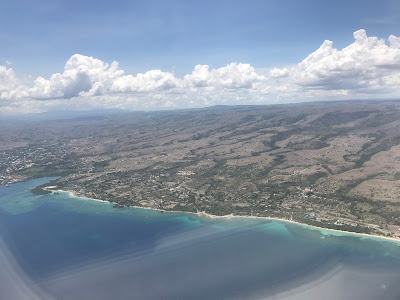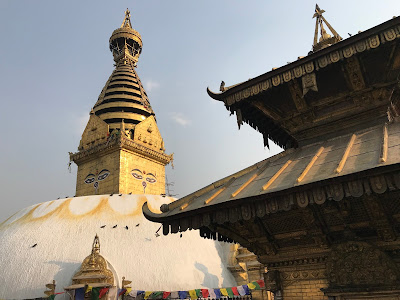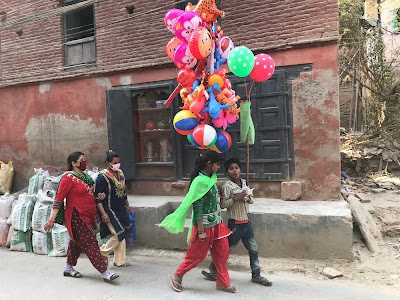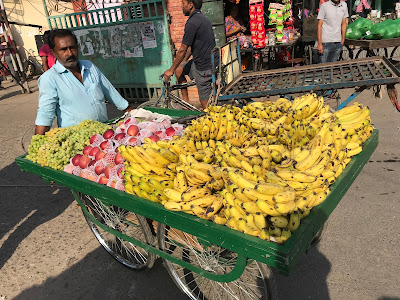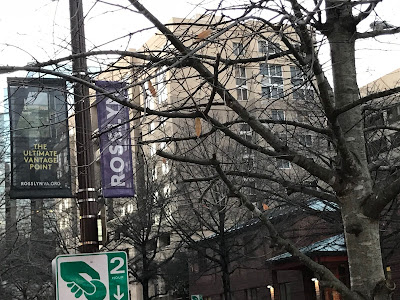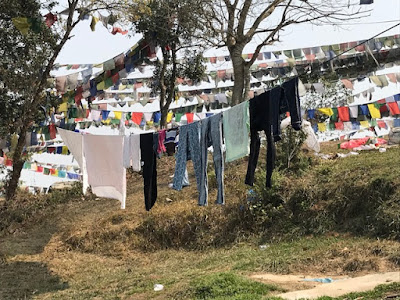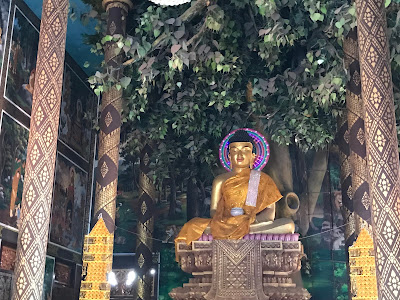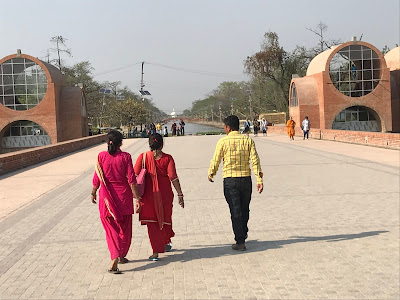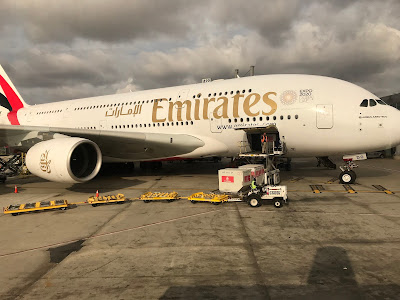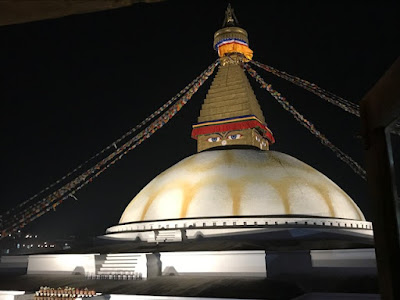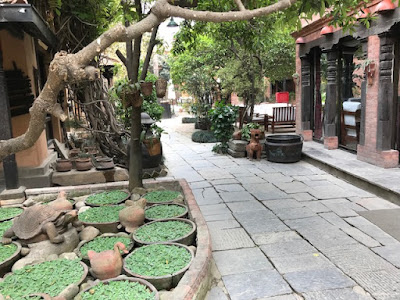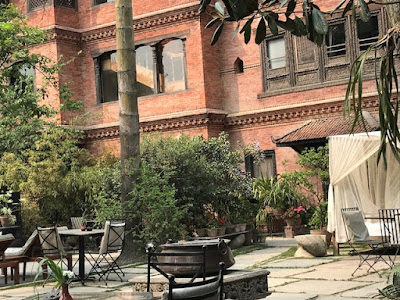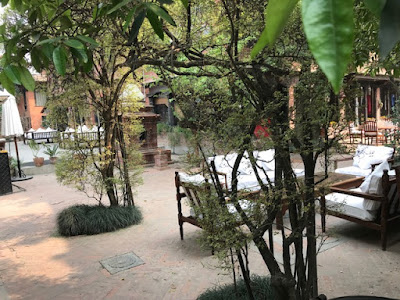Walking to Listen
A book group friend recommended this book, the tale of a young man who walked across America and listened to the voices of vagabonds and preachers, beauticians and firefighters.
Andrew Forsthoefel was newly graduated from Middlebury College when he decided to make the journey. “Everyone of us has an extraordinary story worth hearing, and I’m walking the country to listen,” he wrote on his travel blog at the beginning of the trip.
Admitting it might sound contrived, but resolved to do it anyway, Forsthoefel quickly gained my trust when he told the story of his leave-taking. His mother was worried but brave. She acts like I hope I would if one of my children announced she was walking across the country. The picture she snaps of her son walking down the train tracks behind their house in Pennsylvania is priceless. It’s the picture of a young adult doing his own thing, back turned to the camera, arms outstretched as if to say, enough, I’m done, catch ‘ya later.
Needless to say, he survives the trip — and gets a book contract, to boot. He only just reached Georgia, so I imagine I’ll have more to say about Walking to Listen.
Let me close for today with a passage about walking:
The walking itself was slowly become my home, or something like it. It was the only constant, the connective thread that tied everything together.
(Photo: Courtesy Bloomsbury Press)
